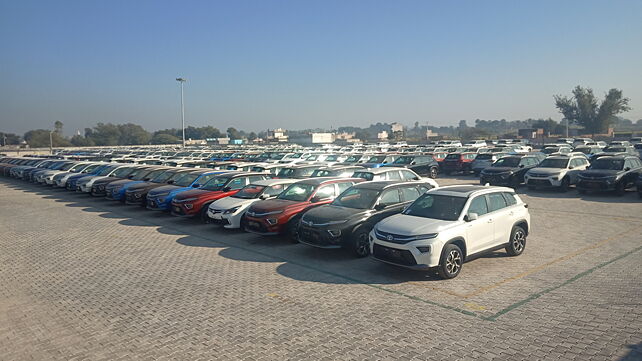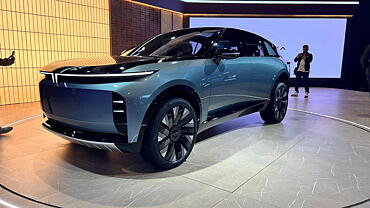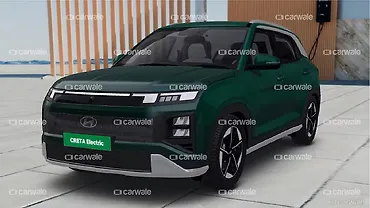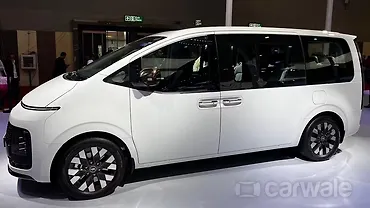
- The new stockyard is spread across five acres and offers a parking capacity of 900 vehicles
- Will reduce the delivery time to two days from the current time of six to eight days
Toyota Kirloskar Motor (TKM) has inaugurated its first regional stockyard in Faruknagar, Haryana. The company claims that the facility will ensure a leaner and more efficient distribution network across the region. It is believed that the stockyard will reduce delivery time from six to eight days to a maximum of two days for dealers in Punjab, Haryana, Rajasthan, Uttar Pradesh, Himachal Pradesh, Uttaranchal, and Jammu and Kashmir.
The new stockyard is spread across five acres and offers a parking capacity of 900 vehicles. This is the second such facility for the company followed by its first regional stockyard introduced in Guwahati in 2020. This regional facility benefits the dealers and customers in the Northeastern region of India. Currently, 60 per cent of total TKM dispatches take place through trains and the company aims to increase the same to 80 per cent, while being able to deliver 5,000 vehicles per month.
TKM claims that the new facility will aid in speed, flexibility, cost reductions, and CO2 reductions as vehicle transport will be maximised through train transport. Commenting on the occasion, V. Wiseline Sigamani, General Manager, TKM, said, “We are elated to announce the inauguration of our first regional stockyard in Haryana. The northern part of India is a very important market for us and the strategic location at Faruknagar, will further enable us to cater to the customer base in this market with ease, keeping our objective of a customer-first approach. As a pioneer in green mobility solutions, Toyota is leading the way towards a better tomorrow and has always put an emphasis on environmentally sustainable solutions in everything we do, be it material sourcing, manufacturing, or sales & services. By being in close proximity to our patrons through the regional stockyard, we are not only able to reduce transit costs but also reduce CO2 emissions significantly in the process, through reduced logistics.”








































